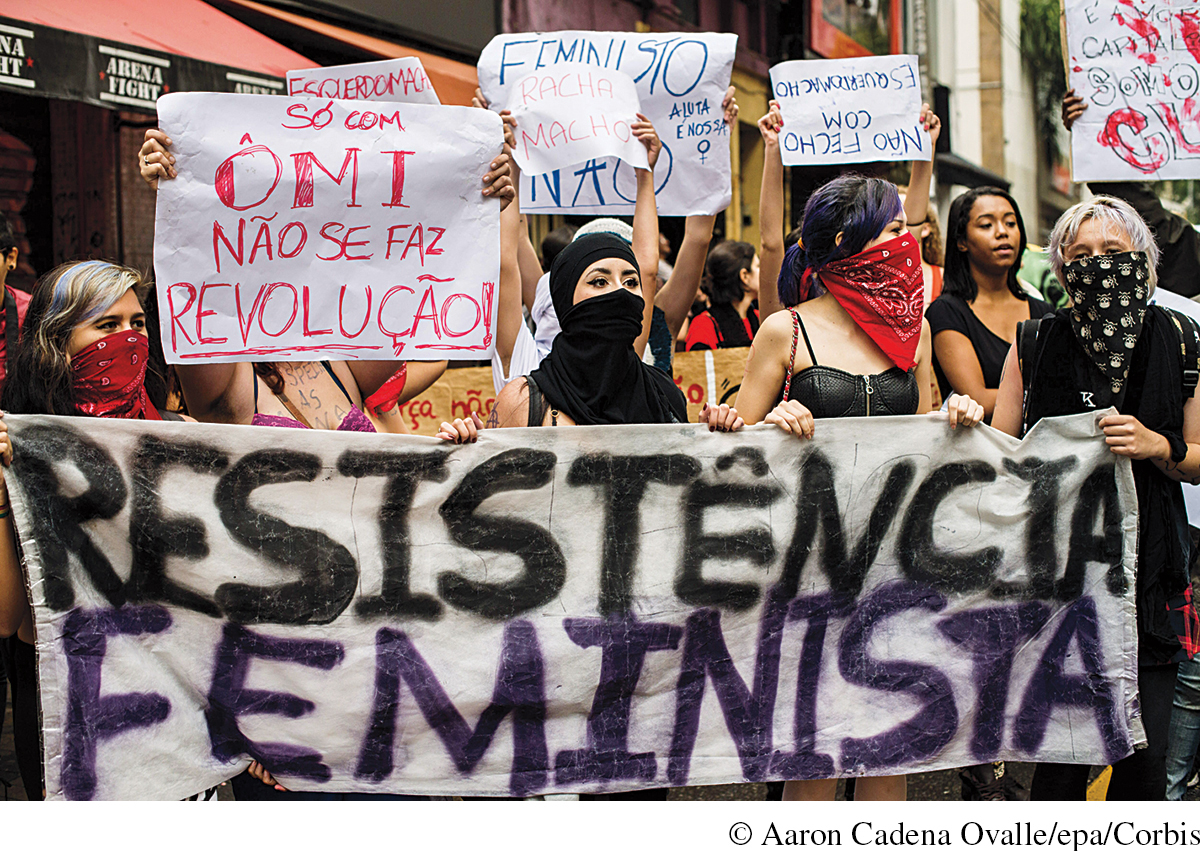International Feminism
Perhaps the most impressive achievement of feminism in the twentieth century was its ability to project the “woman question” as a global issue and to gain international recognition for the view that “women’s rights are human rights.” Like slavery and empire before it, patriarchy lost at least some of its legitimacy during this most recent century, although clearly it has not been vanquished.
Feminism registered as a global issue when the United Nations (UN), under pressure from women activists, declared 1975 as International Women’s Year and the next ten years as the Decade for Women. The UN also sponsored a series of World Conferences on Women over the next twenty years. By 2006, 183 nations, though not the United States, had ratified a UN Convention on the Elimination of All Forms of Discrimination against Women, which committed them to promote women’s legal equality, to end discrimination, to actively encourage women’s development, and to protect women’s human rights. Clearly, this international attention to women’s issues was encouraging to feminists operating in their own countries and in many places stimulated both research and action.

This growing international spotlight on women’s issues also revealed sharp divisions within global feminism. One issue was determining who had the right to speak on behalf of women at international gatherings—
While patriarchal views and structures oppress women all over the world, women are also members of classes and countries that dominate others and enjoy privileges in terms of access to resources. Hence, contrary to the best intentions of “sisterhood,” not all women share identical interests.14
Nor did all third-
Finally, beyond such divisions within international feminism lay a global backlash among those who felt that its radical agenda had undermined family life, the proper relationship of men and women, and civilization generally. To Phyllis Schlafly, a prominent American opponent of the Equal Rights Amendment, feminism was a “disease” that brought in its wake “fear, sickness, pain, anger, hatred, danger, violence, and all manner of ugliness.”15 In the Islamic world, Western-